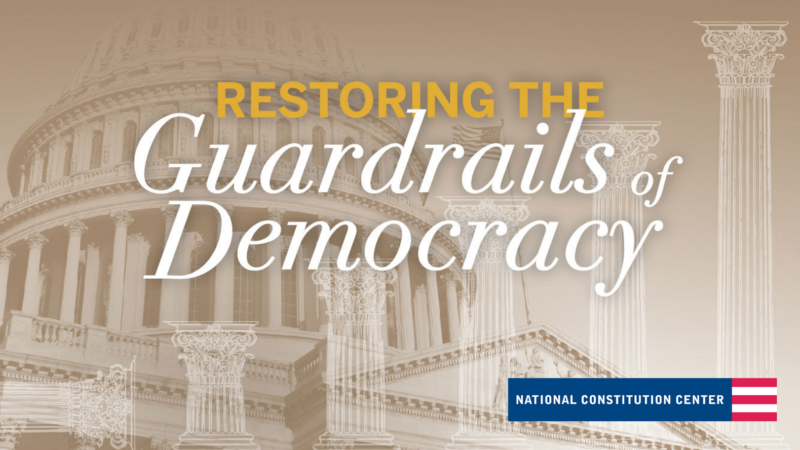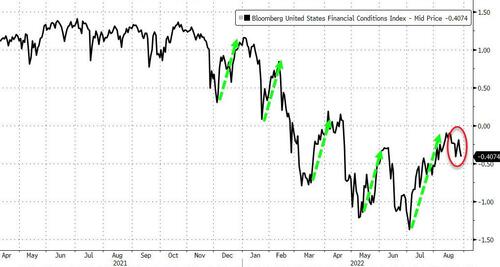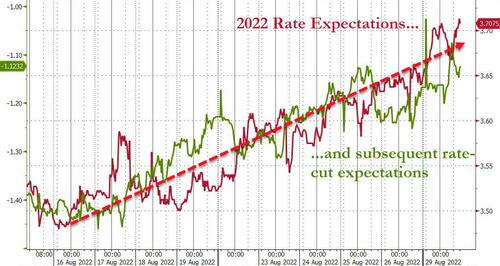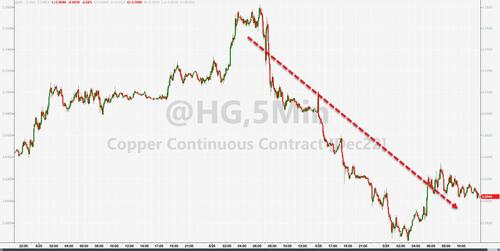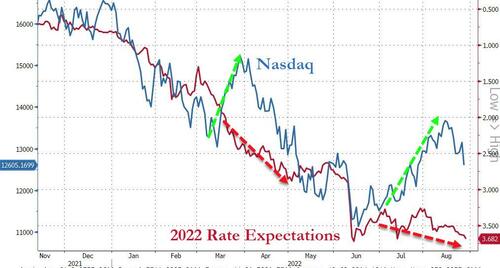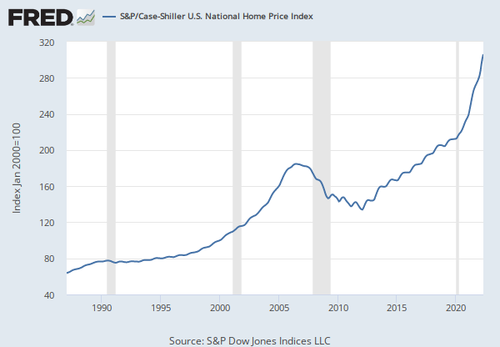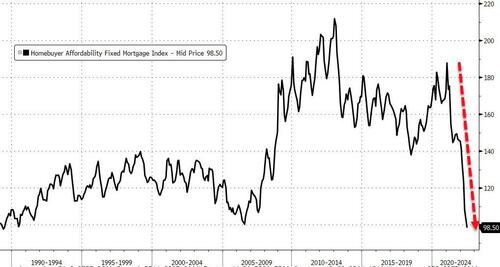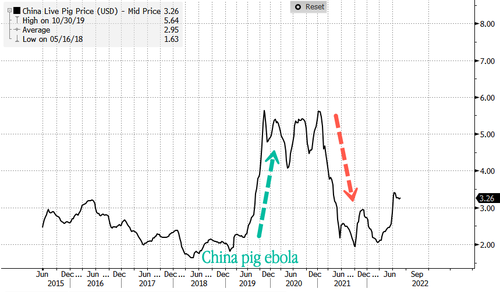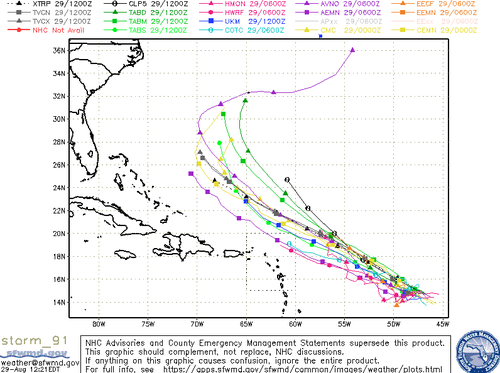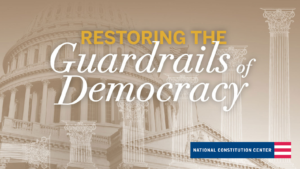
Bear with me for a moment, but to understand the conservative case for preserving the guardrails of democracy, one has to understand the M1 Abrams main battle tank. Introduced in 1980, it was the most powerful land warfare vehicle ever devised by the mind and industry of man. In 2022 it is still unmatched on the battlefield.
But it’s not quite the same M1. It’s had gun upgrades, armor upgrades, and targeting upgrades (to name just a few of the improvements over more than 40 years of service). There was the M1, the M1A1, the M1A2, and now the M1A2 SEP. It’s still the same tank. It even looks much the same. But it’s substantially better—built to withstand the challenges of modern war.
And so it is with the Constitution and American democracy. First, there was Democracy One, the original document that was, at the time, a remarkable advance for democracy and human rights, but it was flawed. It permitted slavery. Its most potent human rights protections—the guarantees of the individual liberty in the Bill of Rights—didn’t apply to the states. So the system was unstable. It was not going to age well.
And it didn’t. The nation ripped itself apart in the Civil War, and the victorious Union created Democracy Two, with a substantially updated Constitution that, over time, extended the Bill of Rights to protect individual liberty from every organ of American government. But still, it wasn’t enough. Black Americans continued to confront the “badges and incidents of slavery” in the form of a brutal system of racial oppression that depended on both public and private discrimination.
So along came Democracy Three, the post-Civil Rights era. The power of that state expanded dramatically. The government began to touch virtually every aspect of commercial life. The administrative state grew until it became the most potent branch of government. And while the United States is absolutely more just than it was—and citizens enjoy a greater degree of legal equality than in any previous iteration of the American experiment—the strains are beginning to show.
Congress, intended to be the most powerful branch of government, is now the weakest. Campaign finance reforms that were intended to empower the grassroots and disempower the wealthy elite have backfired. Radicalized small-dollar donors drive the financial bus. Progressive reforms that were designed to give power to the people through primaries have sidelined political parties. Now small minorities of activist primary voters exercise disproportionate power and further polarize our politics.
Taken together, these developments mean that the United States is less democratic where it needs the voice of the people, and more democratic where it needs the voice of the parties. And so the American constitutional main battle tank needs another overhaul–but not one as dramatic as the first two. Let’s call ours Democracy 3.1.
Our conservative reforms are designed to revitalize Congress. Revival of the nondelegation doctrine and the reversal of the Chevron doctrine would together deter Congress from punting more power to the presidency. War powers reform would prevent the president both declaring and waging war. Filibuster reform would preserve procedural safeguards against bare majorities passing sweeping legislation while acknowledging that the present Filibuster standard paralyzes Congress. We also want a legislative veto, so that Congress can block executive branch lawmaking, even without the president’s consent.
Critically, we also propose making it easier to amend the Constitution. The barrier is simply too high for meaningful constitutional reform.
Each of these reforms would make the United States more democratic, mainly by revitalizing Congress, the most democratic branch of the federal government. But lest anyone think we conservatives have become too enamored by the voice of the people, there are places where we also want less democracy, especially in party politics.
We propose eliminating individual campaign contribution limits. Every single effort to micromanage political expenditures hasn’t just failed, it’s backfired. No one can get money out of politics, but we can distort the ways in which it flows into the system. And presently money flows through radicalized small donors who are mobilized through alarmist rhetoric and captivated by celebrity.
Small dollar donations also undermine the power of parties. Give a political celebrity an email list, and they can build a movement. We want stronger parties. We want smoke-filled rooms. And if we can’t have smoke-filled rooms, we want party conventions. If we can’t have party conventions, we want tighter requirements for party primary voting.
The goal is to give voters and leaders a sense of institutional responsibility. We love American democracy, but not every institution in America needs to be democratic. We accept the power of accountable leadership in the military, the academy, and in corporate America. We need accountable leadership in our political parties as well.
Any discussion of American democracy should also include a discussion of American education. School choice is a vital value. Schools should compete for students, and within that spirit of competition there’s a role for revamped curriculum. Our curricular culture wars are inherently oppositional. Does defeating CRT prepare our students to counter the economic and military challenge of a rising China?
A commitment to school choice allows for creativity, for new ways of teaching history and for different emphases in the STEM fields. Why do we mandate algebra and geometry, but not statistics and coding? That’s an argument worth having—one that’s far more impactful and interesting than whether a school’s diversity PowerPoints are too problematic.
Finally, we want to make election day great again. The well-meaning desire to make voting easier has turned election day into election season, and perversely has put a premium on mobilization over persuasion. Now there’s a focus on “banking” votes, and the presumption is that “your” voters are your voters, and the challenge is finding and collecting all your people.
But new information surfaces on candidates all the time. How many early voters in 2016 wished they had a second bite at the apple after, say, the Access Hollywood Tape or James Comey’s letter announcing that the FBI was reopening the Clinton email investigation? Moreover, election day is an important communal civic event.
Even an election weekend would be preferable to an election season, and we can make election day a national holiday to help those who have difficult work schedules. We know that we won’t go back to a single election day, but deadlines can and do concentrate the mind. Let’s restore the sense of communal civic participation and make sure that we’re all operating with the same access to information when we vote.
Not one of our reforms is as consequential as the Civil War Amendments or the Civil Rights Act. But even modest changes can make a profound difference if they’re precisely targeted at the problems that are causing systemic breakdown. We’ve long enjoyed the benefits of the world’s best constitutional system, but it still needs an upgrade.
We don’t need a revolution. To return to the M1 analogy at the start. We don’t need to scrap our tank. We just need the next iteration of the same basic system that has made the United States of America the most powerful and prosperous democracy in the history of the world.
The post An Upgrade, not a Rebuild appeared first on Reason.com.
from Latest https://ift.tt/CYIZTwl
via IFTTT


